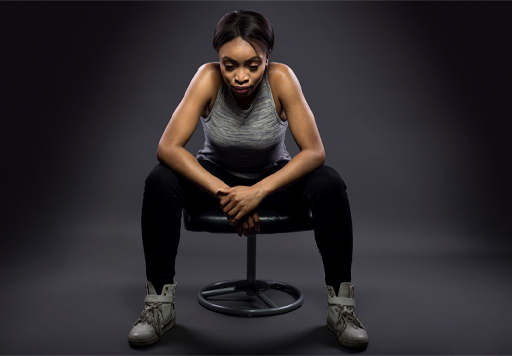4 What does research say about the psychology of the female athlete?
Research indicates that there are several nuanced gender differences in the psychology of sports performance. Subtle differences in the motivation of female athletes to play sport and how they derive confidence are particularly important in the coach-athlete relationship.
Research summaries
Observations on motivation
- Females generally score high on being motivated by the satisfaction and competence derived from learning new skills and improving their performance (task orientation).
- Males may be more ego-oriented and motivated by competitiveness, and beating other athletes (ego orientation).
- Females tend to define success through self-referenced standards, that is focusing on improving themselves, while males are more likely to use externally referenced standards, that is success in relation to others.
This following research into the sources of sport-confidence was conducted on 29 male and 25 female subjects who were active in elite individual sports. These included, for example, karate, judo, badminton, table tennis and cycling. They competed at international level and the age range was between 18 and 51.
Sources of sport-confidence
Female athletes, more so than men, gain self-confidence from an environment that provides:
- opportunities to master skills
- reinforcement from significant others (social support)
- coach’s encouragement and positive feedback/reinforcement
- support to feel comfortable in competitive environments.
This research did not seek to understand why these differences may exist and acknowledged that some male athletes may gain support from similar sources.
Female athletes also stressed the need for enjoyment in their sport and fitness activities to a greater extent than male athletes (MacKinnon, 2011). Developing environments and relationships that support the motivation and confidence of female athletes can help them to flourish.

